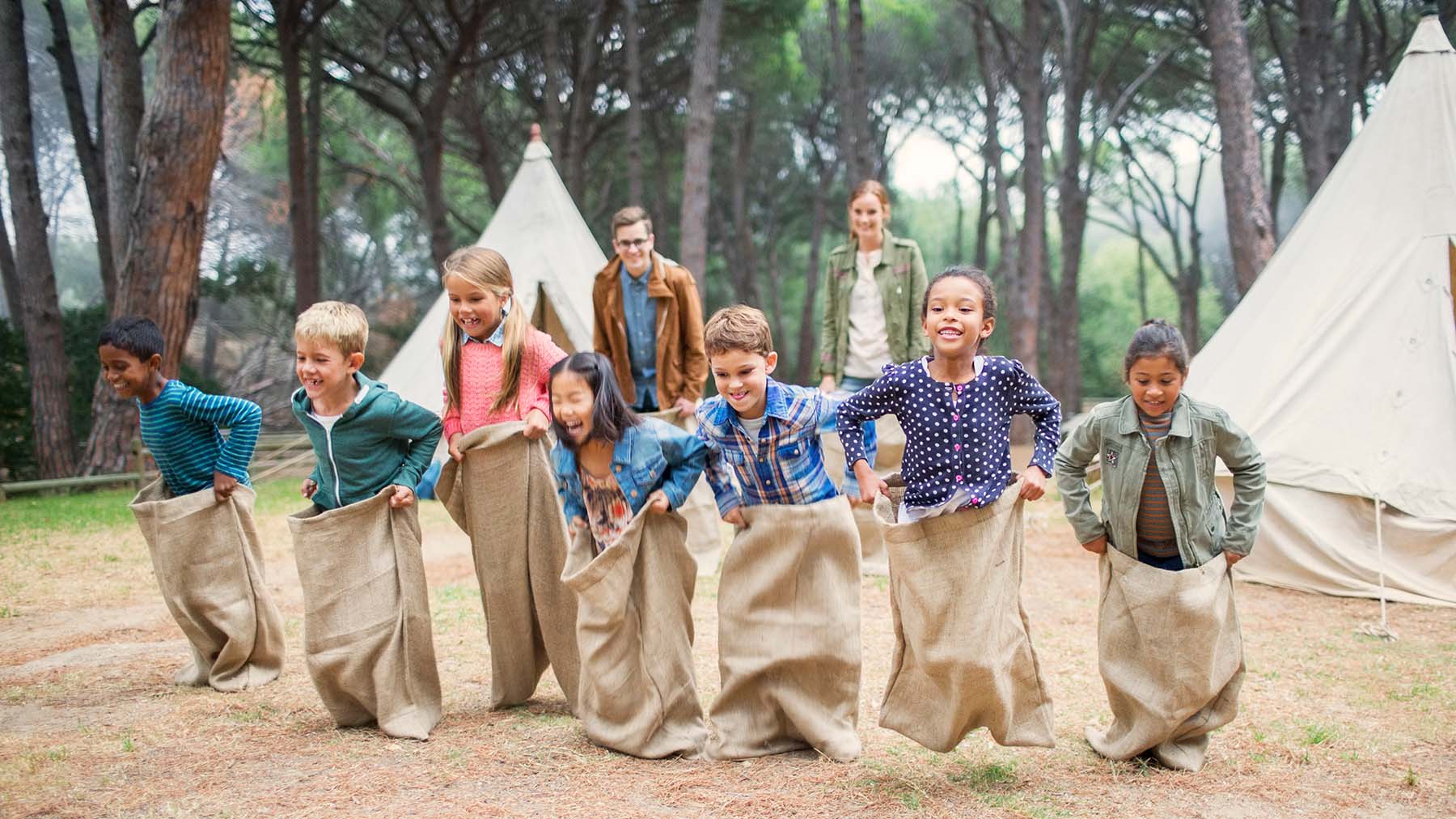Prepare Your Kids for Summer Camp

Few aspects of childhood are more exciting than summer break. But there is one part of the months-long break that may induce a little fear, apprehension and anxiety in your child, especially if it’s their first experience with it — sleepover summer camp.
Suppose it’s your child’s first experience being away from home for a lengthy stay. In that case, it’s natural for them to be nervous, says Elizabeth R. Pulgaron, Ph.D., a psychologist and Director of Mental Health Services for the Dr. John T. McDonald Foundation School Health Initiative.
“Different kids will react differently to the situation,” she says. “Some may get quiet and shut down, while others will get talkative and go on and on about it. But there’s always some concern involved when trying something new.”
Here are some tips to help your child feel better about this adventure.
#1: Look for signs of anxiousness
Dr. Pulgaron says that kids may be reluctant to share their concerns about going to summer camp, so parents need to be proactive in looking for the signs.
“Any changes in behavior are a sign that something bigger might be going on,” she says. “Common things to look for are changes in sleeping and eating patterns, such as eating or sleeping more or less than usual.”
#2: Focus on the excitement
It’s natural for kids to be nervous about going to camp for the first time. Still, the American Psychological Association says that focusing on concerns or anxieties can only aggravate them. They recommend taking possible negatives of camp and spinning them into a positive when possible, such as highlighting the possible fun of the situation rather than the potential problems.
#3: Explore their feelings
Another way to approach this strategy, according to the Child Mind Institute, is to ask open-ended questions.
For example, instead of asking, “Are you nervous about sleeping in a cabin?” you can ask, “How do you feel about sleeping in a cabin?”
This will prompt more discussion and help you reveal your child’s true feelings about the situation.
#4: Get them prepared
The more knowledge you have about the camp beforehand, the more reassured your child will likely be. If possible, tour the camp and meet the counselor beforehand, either in person or virtually. The Child Mind Institute also recommends taking your child shopping to get new supplies and special items to help them get excited about the experience.
#5: Share your own experiences from camp
Most people have a great time at camp, and chances are, you did as a child, too.
“Sharing your own experiences, or an older sibling’s experiences, can go a long way toward reassuring a child,” says Dr. Pulgaron. “You can say things like, ‘Jonny was nervous about camp, too, but once he got there, he didn’t want to come home.’”
#6: Communicate with them
Before camp starts, explore how you’ll be able to communicate with your child, whether it’s over the phone, messaging, letters, etc. Then work out a communication plan with your child, and stick to it while they’re at camp.
#7: Have a plan B
While we all want our kids to have a great time at camp, the reality is that it sometimes doesn’t work out that way, says Dr. Pulgaron. That’s why it’s important to have a plan B in place, just in case your child is extremely nervous or apprehensive about camp or something unexpected happens.
“If your child is extremely anxious about camp, create a simple and realistic backup plan. That might include a letter, phone call or, in extreme situations, coming home,” says Dr. Pulgaron.
“Just make sure not to make promises you will not keep. Not following through with your statements will only lead to more anxiety and distress.”
#8: Be aware of the “pandemic effect”
Finally, Dr. Pulgaron says you may need to revisit some of these strategies this summer for your older children, even if they’ve been to camp successfully in the past.
“Due to the pandemic, this summer may be many kids’ first time back at camp in a few years, so some of those early anxieties may have returned,” she says. “With so much loss and isolation, it’s important to explore their feelings and make sure they’re ready to go back, even if they’ve gone to camp in the past.”
Wyatt Myers is a contributor for UHealth’s news service.
Tags: kids activities, kids health, parenting tips, tips for parents
